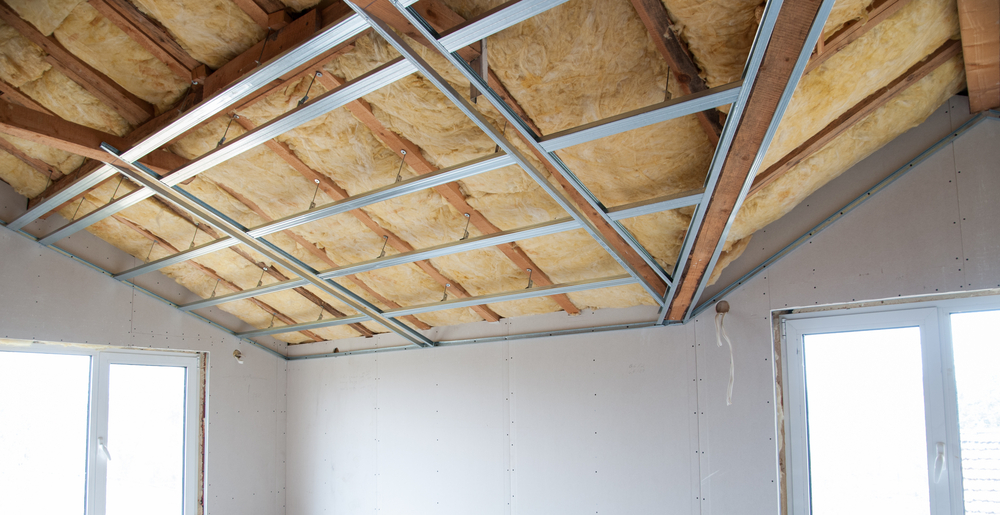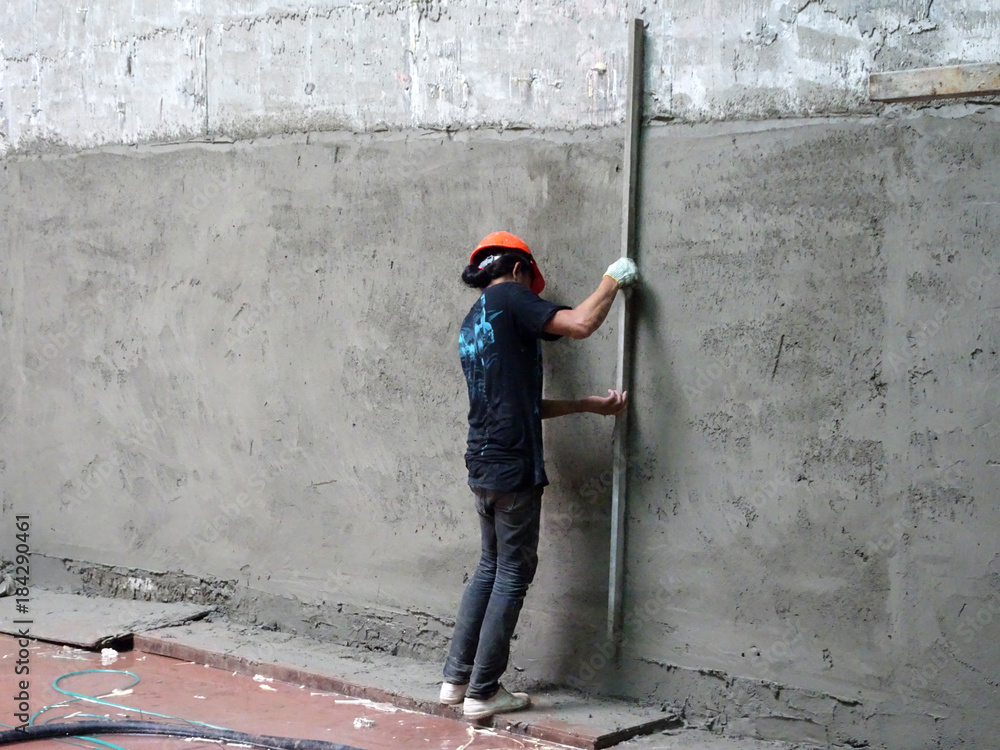In today's world, energy efficiency and sustainability are becoming increasingly important considerations for homeowners. One area where homeowners can make a significant impact is in the insulation of their homes. Among the various insulation options available, foam insulation has gained popularity for its superior performance and long-term benefits. In this article, we will delve into the world of home foam insulation and explore whether it is truly worth the investment.
Understanding Foam Insulation:
Foam insulation is a type of insulation material that is applied to walls, ceilings, and other surfaces to reduce heat transfer and improve energy efficiency. It comes in two main forms: open-cell and closed-cell foam. Open-cell foam is lighter and less expensive, while closed-cell foam is denser and provides better insulation. Both types offer excellent thermal resistance and air sealing properties, making them effective in reducing energy consumption and maintaining a comfortable indoor environment.
Benefits of Foam Insulation:
- Enhanced Energy Efficiency: Foam insulation has a higher R-value (a measure of thermal resistance) compared to traditional insulation materials like fiberglass or cellulose. This means that it provides better insulation and reduces heat loss or gain, resulting in lower energy bills and increased comfort throughout the year.
- Air Sealing Properties: One of the key advantages of foam insulation is its ability to create an airtight seal. By filling gaps and cracks, it prevents air leakage, which can account for a significant amount of energy loss in a home. This air sealing property not only improves energy efficiency but also helps to reduce noise infiltration and enhance indoor air quality.
- Moisture Control: Foam insulation is resistant to moisture, making it an excellent choice for areas prone to high humidity or water intrusion. It acts as a barrier, preventing moisture from seeping into the walls and causing mold or mildew growth. This moisture control feature not only protects the structural integrity of the home but also contributes to a healthier living environment.
- Longevity and Durability: Unlike traditional insulation materials that may degrade over time, foam insulation is known for its longevity and durability. It does not settle or sag, maintaining its effectiveness for many years. Additionally, foam insulation is resistant to pests, such as rodents or insects, which can damage other types of insulation.
Considerations and Cost:
While foam insulation offers numerous benefits, it is essential to consider a few factors before making a decision. Firstly, the upfront cost of foam insulation is generally higher than that of traditional insulation materials. However, the long-term energy savings and increased home value can offset this initial investment. Additionally, proper installation by a professional is crucial to ensure optimal performance and avoid any potential issues.
Conclusion:
In conclusion, home foam insulation is undoubtedly worth the investment for homeowners seeking improved energy efficiency, comfort, and long-term savings. Its superior insulation properties, air sealing capabilities, moisture control, and durability make it a compelling choice for those looking to reduce their carbon footprint and create a more sustainable living environment. By choosing foam insulation, homeowners can enjoy the benefits of reduced energy bills, enhanced indoor comfort, and a greener home for years to come.



